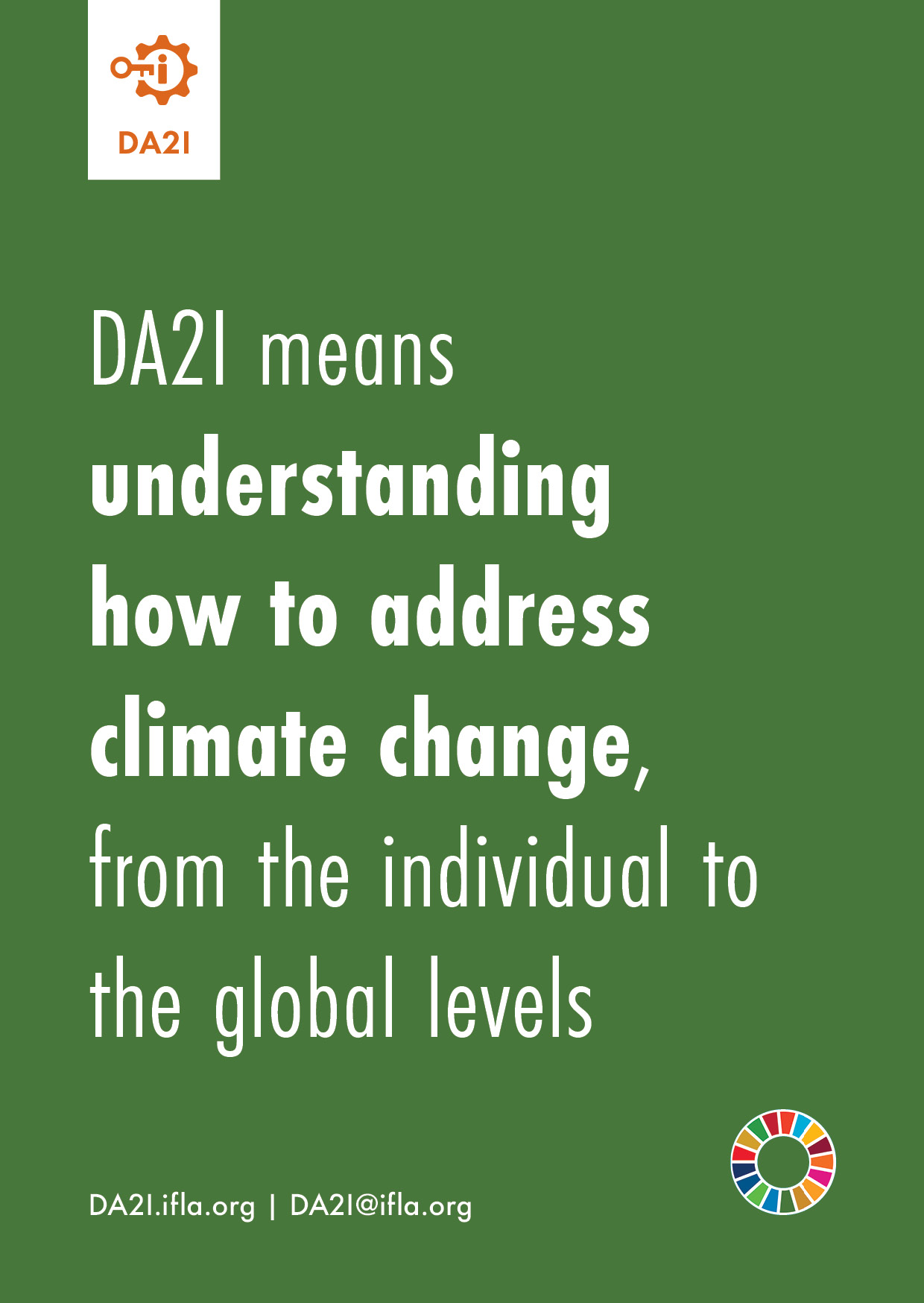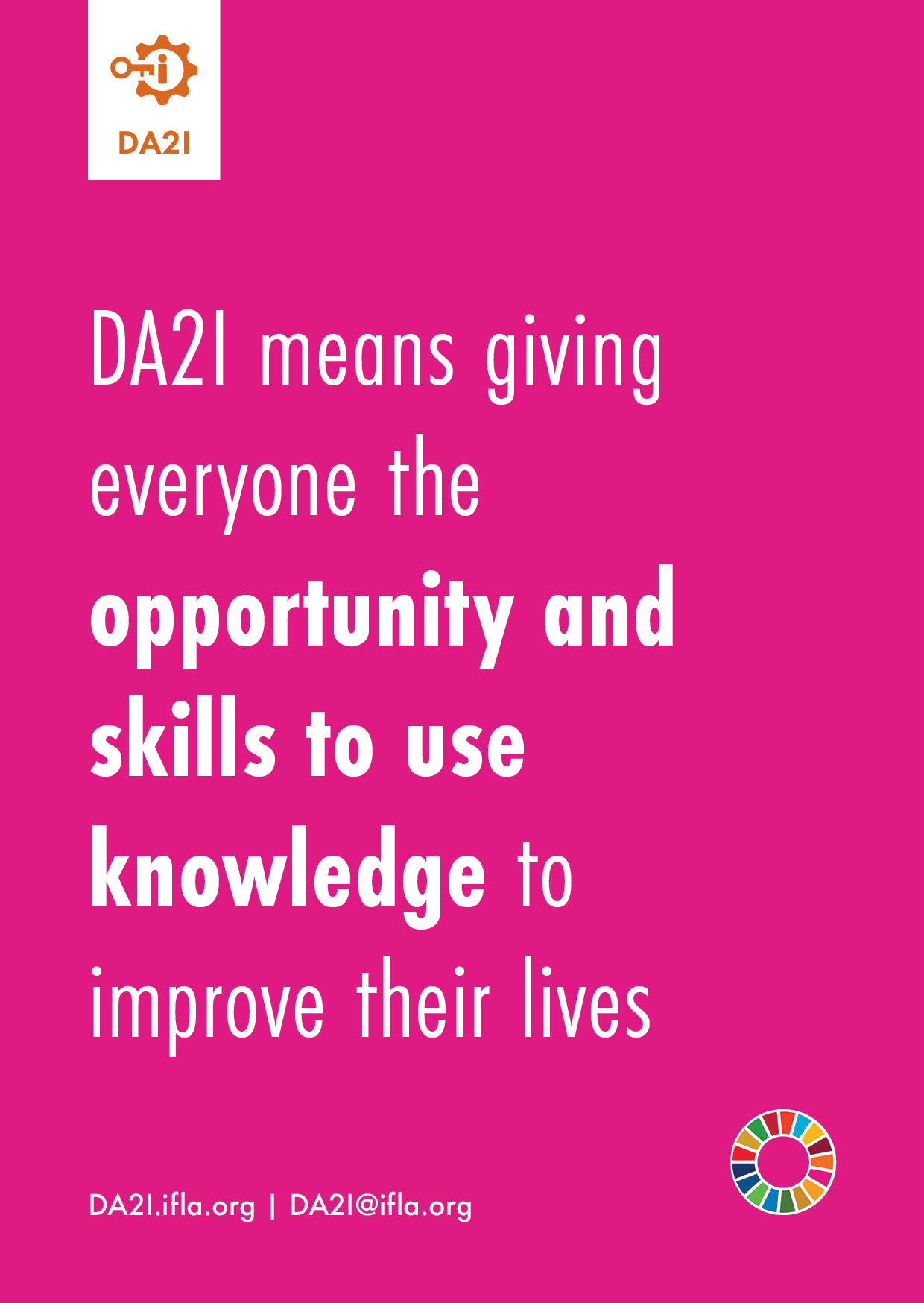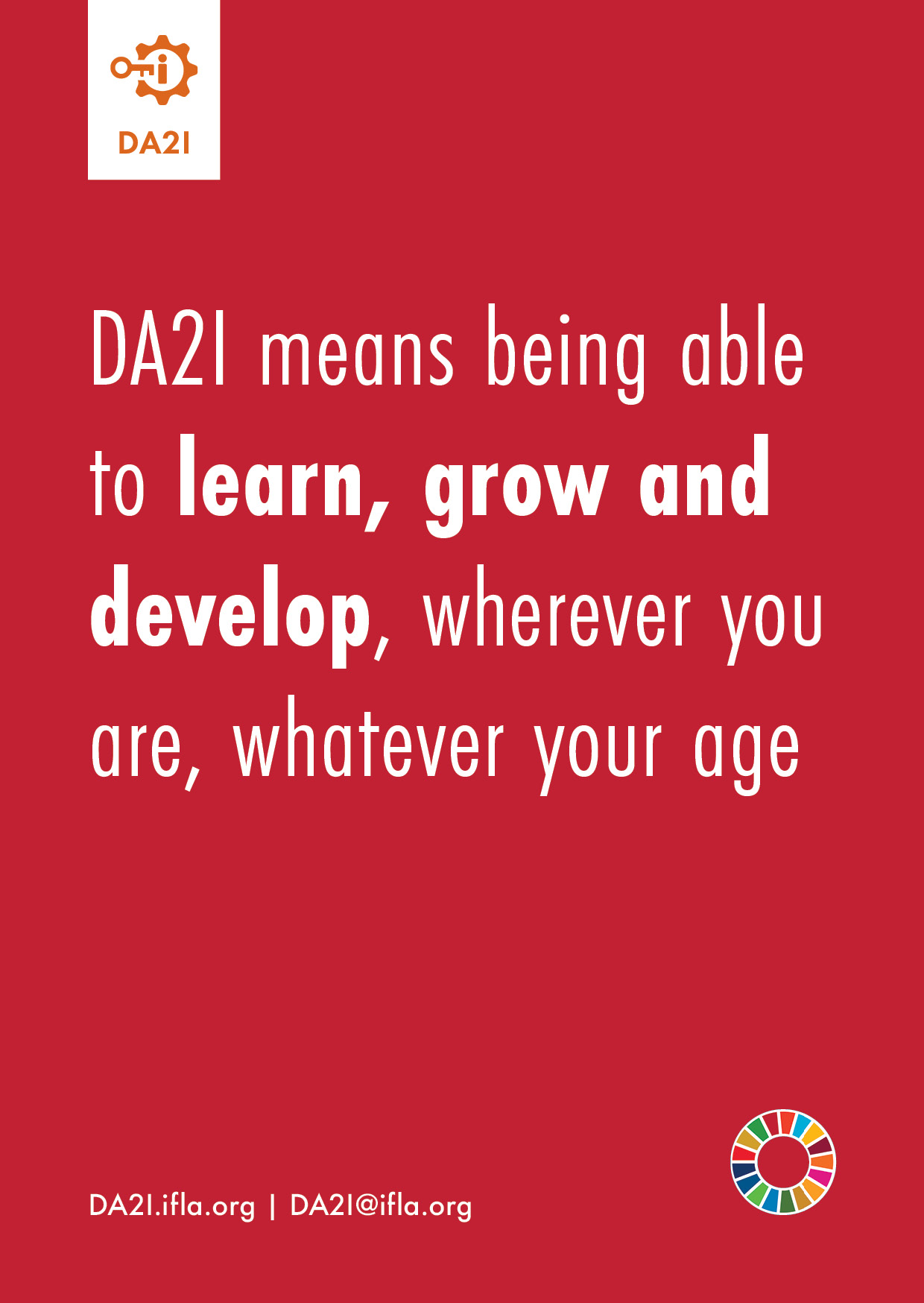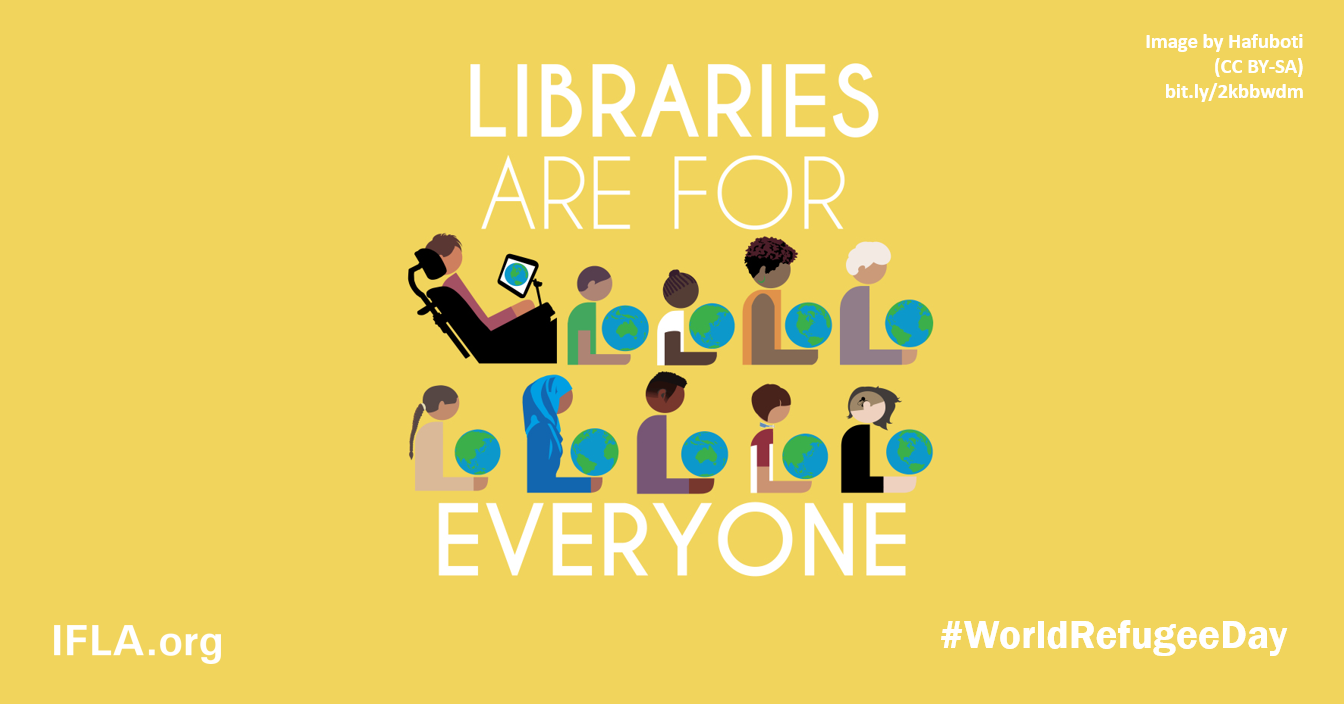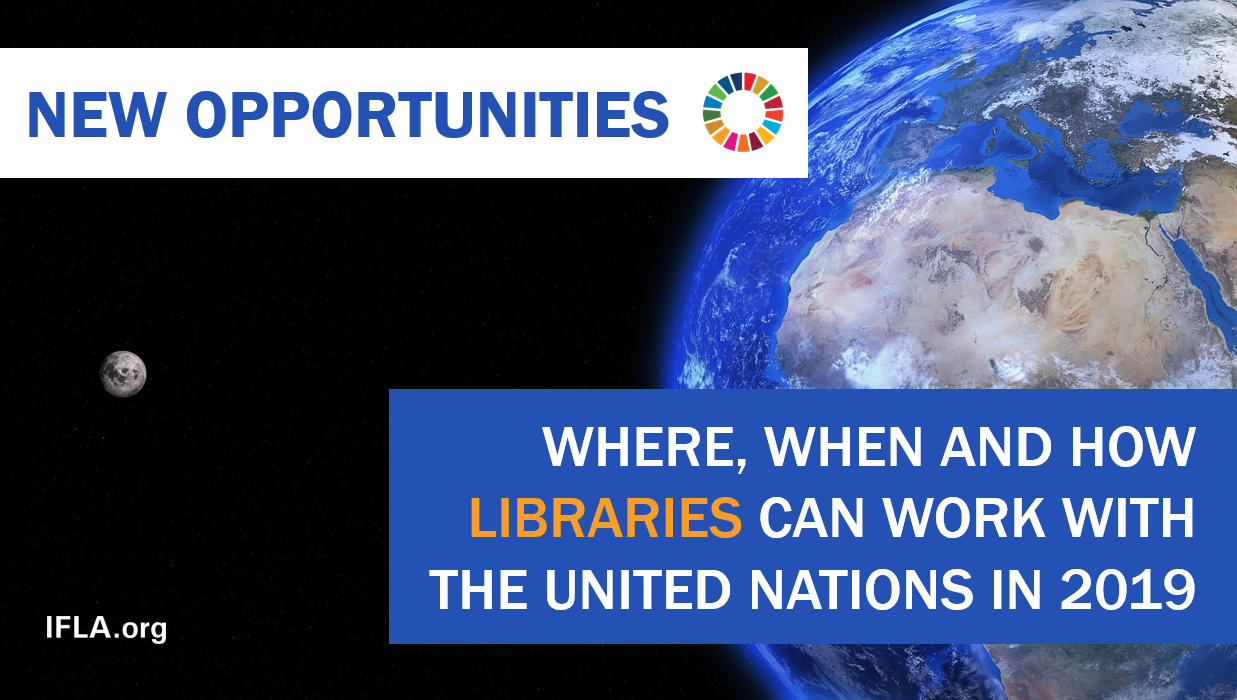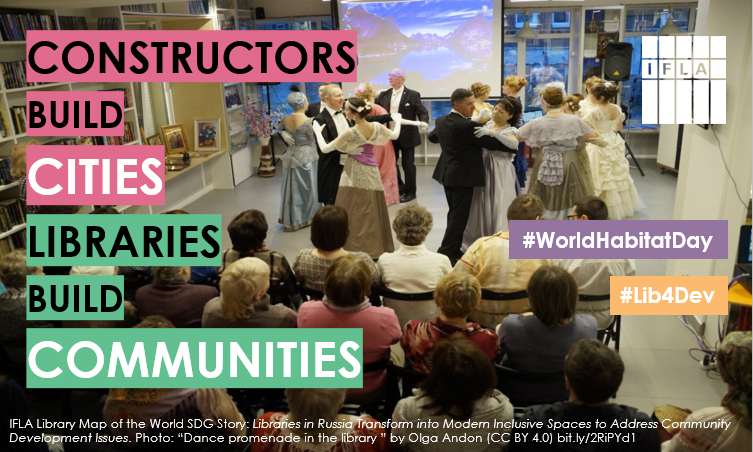Over the past few years, the International Federation of Library Associations and Institutions (IFLA) has been engaged in the reform of copyright laws in South Africa. Indeed, IFLA has submitted on many occasions comments and proposals on draft amendments.
This reform contains ambitious provisions which could have an extremely positive impact on libraries and heritage institutions, enabling the latter to benefit from legal provisions similar to the fair use provision as in the United States. It will also provide a positive example for neighbouring countries.
There is strong opposition, however, from other groups, notably collective management bodies, and from the academic publishing sector, even though.
Despite the reforms being approved by Parliament, they have yet to be signed by the President, who faces both loud opposition internally, and, more recently, a threat from the US Trade Representative to try and remove South Africa’s Generalized System of Preferences (GSP) trade privileges with the United States.
As part of the week on Fair Use and Fair Dealing, we therefore welcome an update from Denise R. Nicholson, Scholarly Communications Librarian, University of the Witwatersrand, Johannesburg, South Africa.
REPORT ON STATUS OF COPYRIGHT AMENDMENT BILL
by Deni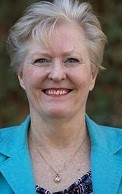 se Nicholson, BA HDip Libr (UNISA); LLM (WITS) Scholarly Communications Librarian, University of the Witwatersrand, Johannesburg, South Africa
se Nicholson, BA HDip Libr (UNISA); LLM (WITS) Scholarly Communications Librarian, University of the Witwatersrand, Johannesburg, South Africa
Denise.Nicholson[at]wits.ac.za
In terms of Section 79 of the Constitution, President Ramaphosa must either sign the Bill within a reasonable period, or, and only if there are constitutionality issues, he must return it to the National Assembly to address those concerns. The Bill has been on President Ramaphosa’s desk for 10 months (far beyond a ‘reasonable period’).
There has been a lot of support for the Bill internationally, regionally and locally. However, there has also been strong opposition to the Bill mainly from rights-holders, collecting societies, musicians, some authors and creators (under the umbrella of the Copyright Coalition of South Africa) and international publishing and entertainment conglomerates and collection management organisations.
The International Intellectual Property Alliance (IIPA), a lobby group for 5 large entertainment corporations in America, petitioned the US Government last year to review Generalised System of Preferences (GSP) agreements like AGOA and others with South Africa. They claimed that the exceptions in the Bill are too broad and that American rights-holders would be prejudiced if the Bill is passed. They want the US Trade Representative (USTR) to withdraw the preferential trade benefits that SA currently enjoys. Apparently, R35 billion in South African exports to the USA are at stake if such a review goes ahead. Ironically, the SA Bill has adopted fair use provisions from the US copyright law, and other provisions enjoyed by other developed countries. It is also premature for such a review to be considered as the Bill has not been enacted, so there is no possible evidence that American rights-holders’ interests are at stake. The law would need to be in place for a while before any evidence could be collected in this regard.
In response to the IIPA petition, the US Trade Representative’s Office called for public submissions on this matter and held public hearings on 31 January 2020. Forty-two submissions were lodged with the USTR. Thirty-two submissions called on the USTR to withdraw its review on trade agreements and the majority supported the Bill, whereas ten submissions opposed the Bill and supported a review of trade agreements. Stakeholders can still make further submissions until late February 2020. The Minister of Trade and Industry has met with officials in the US to discuss this matter. It is not certain whether the USTR will take action in this regard. Asked if she believed South Africa would change the two laws (Copyright Amendment Bill and Performers’ Protection Bill) to meet US concerns, the new US Ambassador to SA, Lana Marks (SA-born) said the laws “must be within every aspect of the Constitution of South Africa”. The Daily Maverick reports that Marks is confident that South Africa is not going to lose either its GSP or its AGOA access, directly or indirectly. “It’s not going to happen,” she says, firmly.
Various international and local organisations have written to the President asking him to sign the Bill as a matter of urgency. BlindSA has written a strong letter to him pointing out he has a constitutional duty to act on the Bill, and that if he does not act by the anniversary of the passing of the Bill by Parliament (i.e. 28 March), then BlindSA will consider taking him to court on this matter.
We hope that the President will act on the Bill soon.
See IFLA’s contribution to the US Trade Representative hearing.
